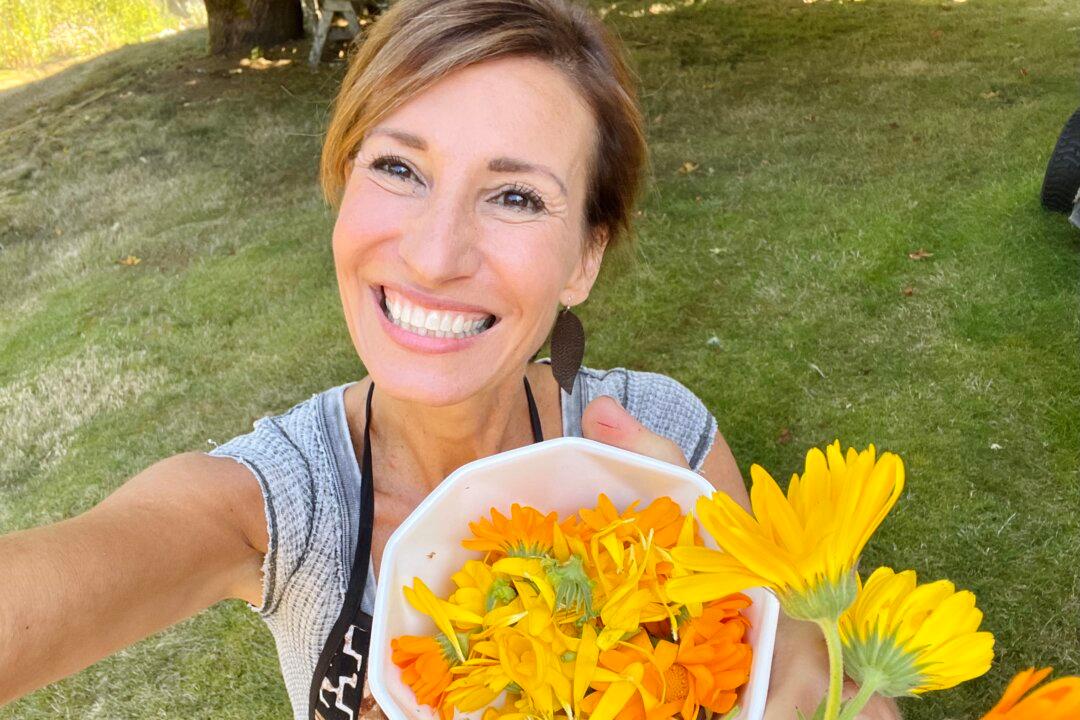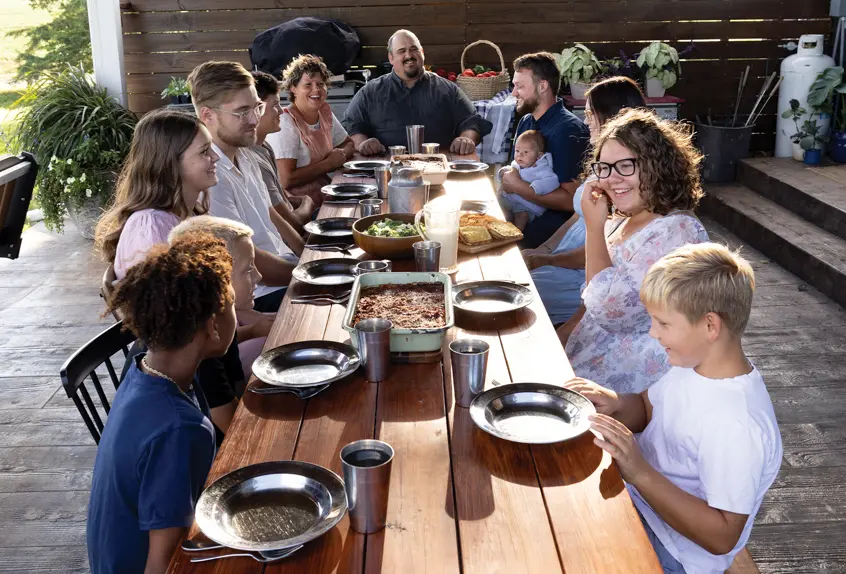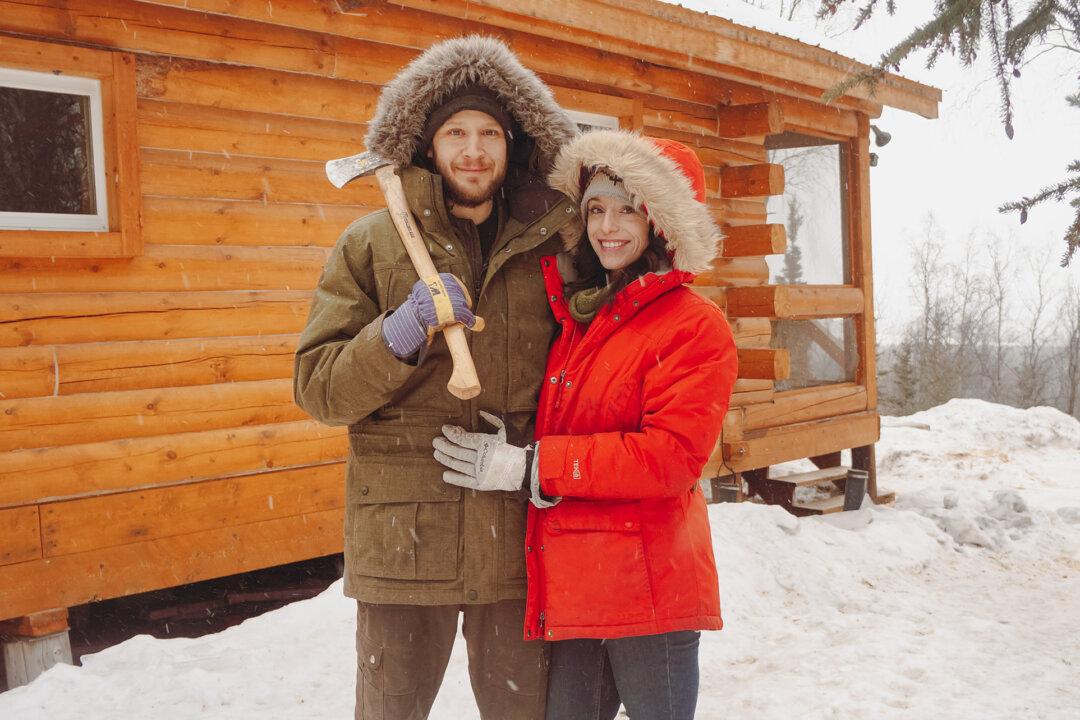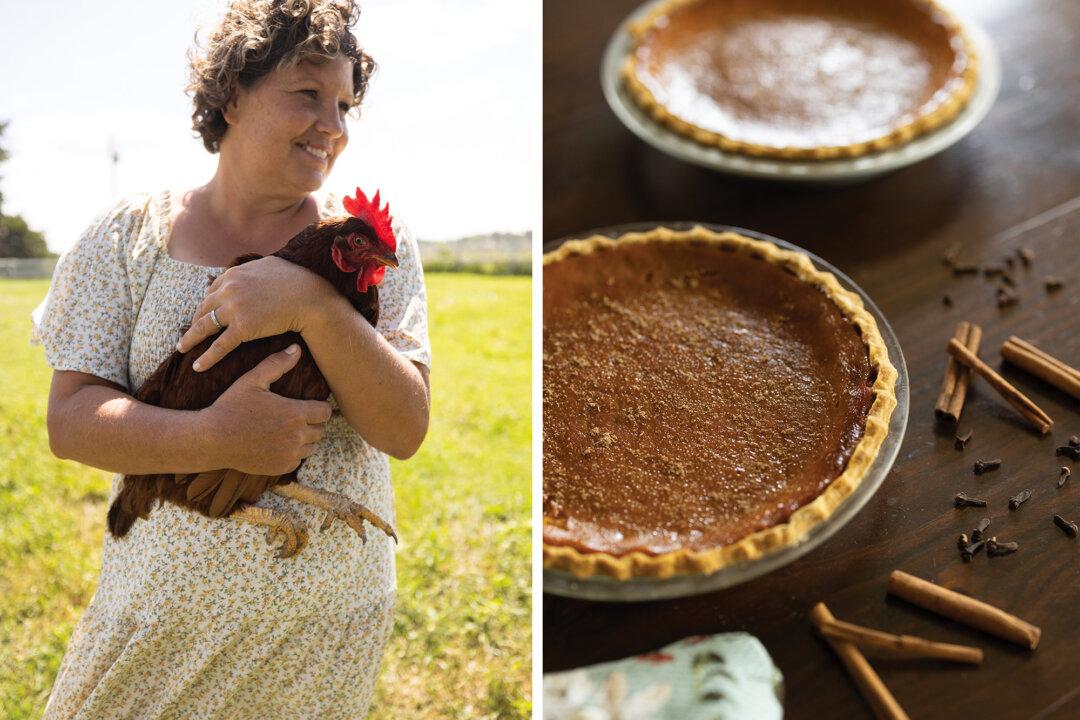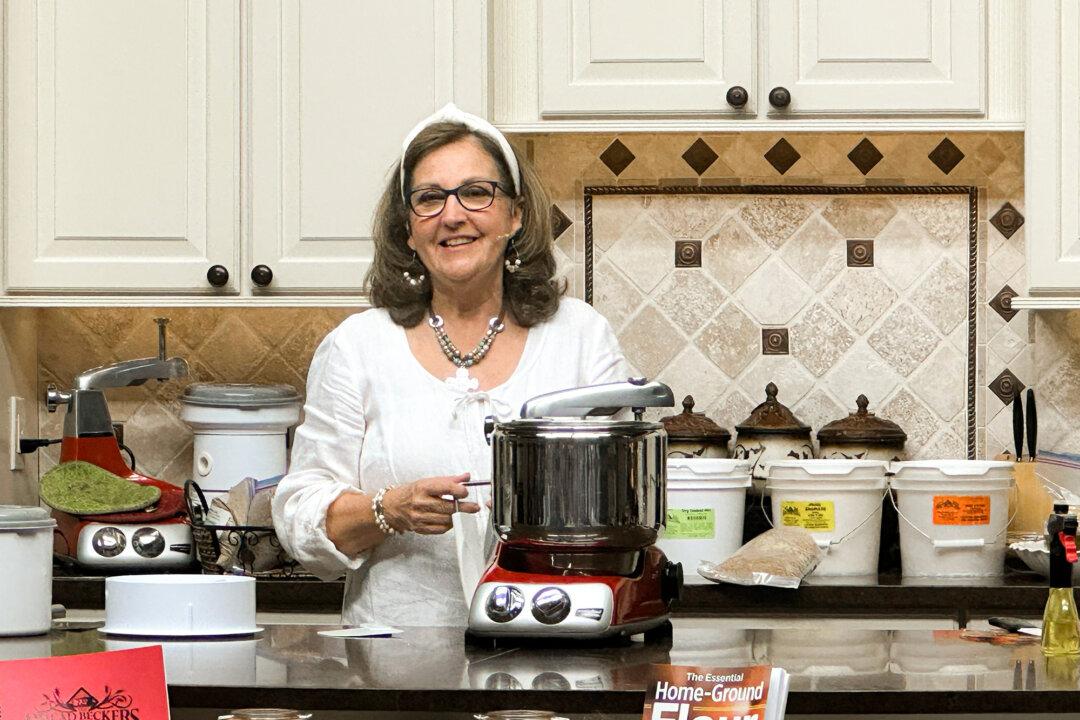On the north side of Vancouver Island, alone in the biting cold of a coastal Canadian winter, Nicole Apelian found herself in a predicament. While gutting a salmon she’d caught to eat, she’d cut deep into the forefinger of her left hand. The wound was to the bone and had all the potential, if not properly treated, of leading to infection.
Fortunately for Apelian, this was not to be the case.

